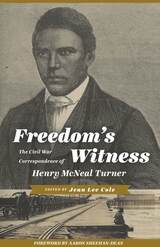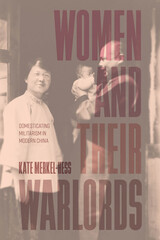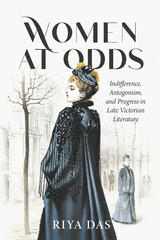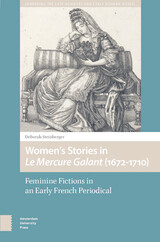
Among the many extant volumes of Civil War correspondence penned by military men, few can boast of the writing quality of Dear Courier: The Civil War Correspondence of Editor Melvin Dwinell. This Yankee-turned-Rebel was both fighter and journalist: second lieutenant of the Rome Light Guards and editor of the Rome Courier.
Born in East Calais, Vermont, in 1825, Melvin Dwinell came to the South and was won over to its way of life. He soon found his calling in journalism, purchasing the Rome (Georgia) Courier and serving as its editor. Though he initially opposed Georgia’s immediate secession, Dwinell fully supported his adopted state’s cause, proclaiming that “a great and glorious Confederacy would arise from the ashes of the United States.”
At the outbreak of the war, Dwinell joined the Eighth Georgia Infantry and began an almost weekly correspondence published in his newspaper. The editor’s letters provide vivid descriptions of some of the most important campaigns of the Civil War. Dwinell’s lively account of the “most glorious victory” at Manassas surely delighted his readers, though the list of casualties from the area would have proved sobering. Wounded at Gettysburg in 1863, Dwinell openly described the heavy price paid by the Confederacy in rather a different tone: “The carnage was greater probably than on any other field since the commencement of this wicked war.”
Dwinell resigned his position as second lieutenant to run for the Georgia legislature, where he served until the state was overrun by the Union army. Dwinell was one of the first in Floyd County to take the oath of allegiance to the U.S. Constitution following Confederate defeat. Scholars have drawn upon Melvin Dwinell’s accounts because of the author’s grasp of strategy, strong writing skills, and journalistic instincts. Dear Courier will appeal to those interested in the campaigns of Robert E. Lee’s Army of Northern Virginia, as well as those looking for accessible primary documents about the Civil War.


READERS
Browse our collection.
PUBLISHERS
See BiblioVault's publisher services.
STUDENT SERVICES
Files for college accessibility offices.
UChicago Accessibility Resources
home | accessibility | search | about | contact us
BiblioVault ® 2001 - 2024
The University of Chicago Press









